Peter Van Weert - C++ Standard Library Quick Reference
Here you can read online Peter Van Weert - C++ Standard Library Quick Reference full text of the book (entire story) in english for free. Download pdf and epub, get meaning, cover and reviews about this ebook. year: 2016, publisher: Apress, genre: Home and family. Description of the work, (preface) as well as reviews are available. Best literature library LitArk.com created for fans of good reading and offers a wide selection of genres:
Romance novel
Science fiction
Adventure
Detective
Science
History
Home and family
Prose
Art
Politics
Computer
Non-fiction
Religion
Business
Children
Humor
Choose a favorite category and find really read worthwhile books. Enjoy immersion in the world of imagination, feel the emotions of the characters or learn something new for yourself, make an fascinating discovery.
- Book:C++ Standard Library Quick Reference
- Author:
- Publisher:Apress
- Genre:
- Year:2016
- Rating:5 / 5
- Favourites:Add to favourites
- Your mark:
C++ Standard Library Quick Reference: summary, description and annotation
We offer to read an annotation, description, summary or preface (depends on what the author of the book "C++ Standard Library Quick Reference" wrote himself). If you haven't found the necessary information about the book — write in the comments, we will try to find it.
Peter Van Weert: author's other books
Who wrote C++ Standard Library Quick Reference? Find out the surname, the name of the author of the book and a list of all author's works by series.

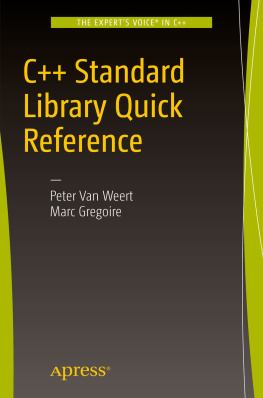
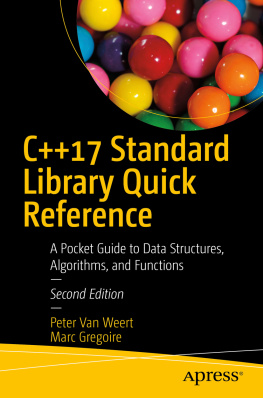

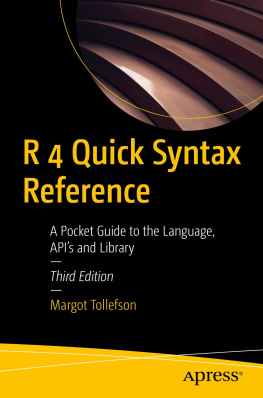
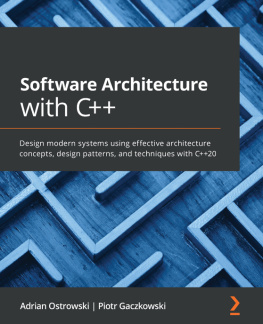
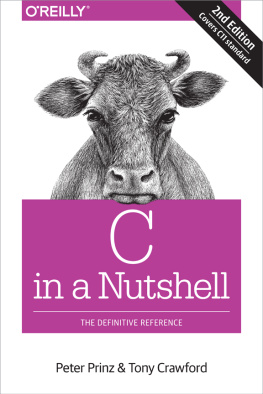
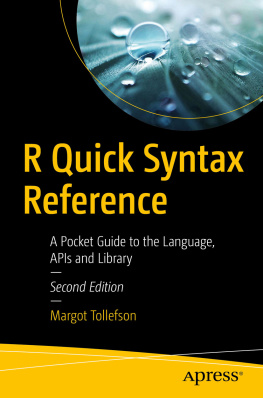
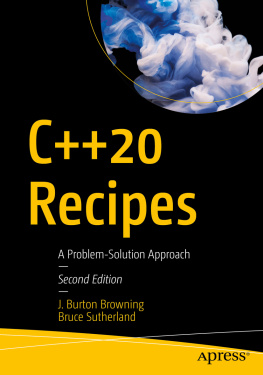
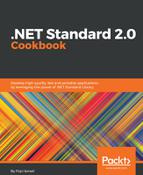

 . For fmod() , the result always has the same sign as x ; for remainder() , that is not necessarily true. E.g.: mod(1,4) = rem(1,4) = 1 , but mod(3,4) = 3 and rem(3,4) = -1 .
. For fmod() , the result always has the same sign as x ; for remainder() , that is not necessarily true. E.g.: mod(1,4) = rem(1,4) = 1 , but mod(3,4) = 3 and rem(3,4) = -1 . and at least the last three bits of the integral quotient itself (rounded to the nearest).
and at least the last three bits of the integral quotient itself (rounded to the nearest). in an accurate (better precision and rounding properties than a naive implementation) and efficient (uses a single hardware instruction if possible) manner.
in an accurate (better precision and rounding properties than a naive implementation) and efficient (uses a single hardware instruction if possible) manner. .
.







